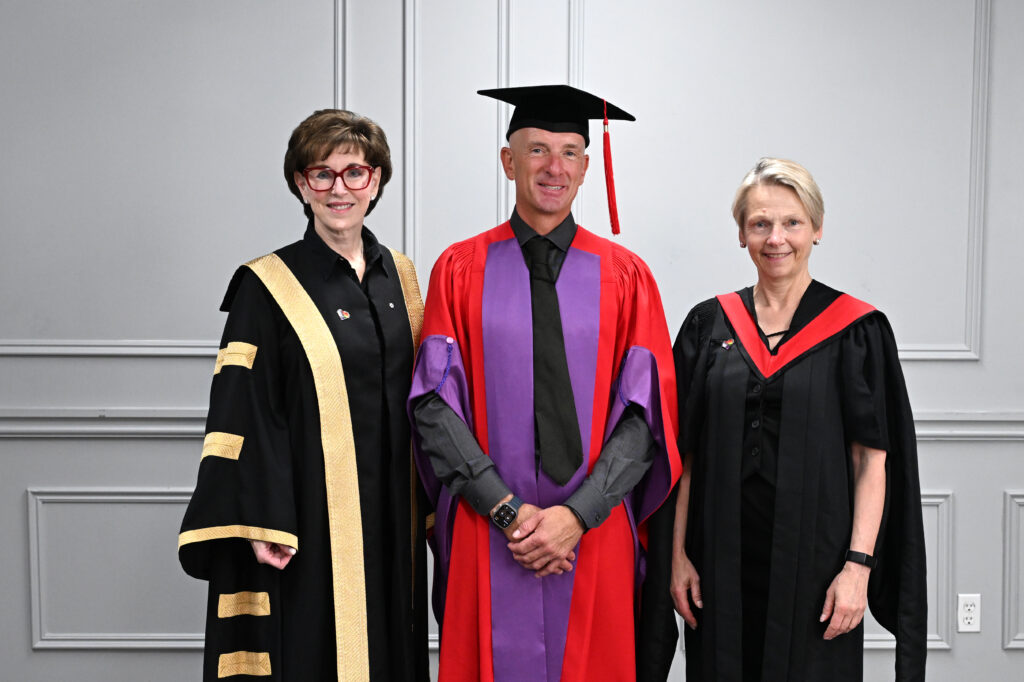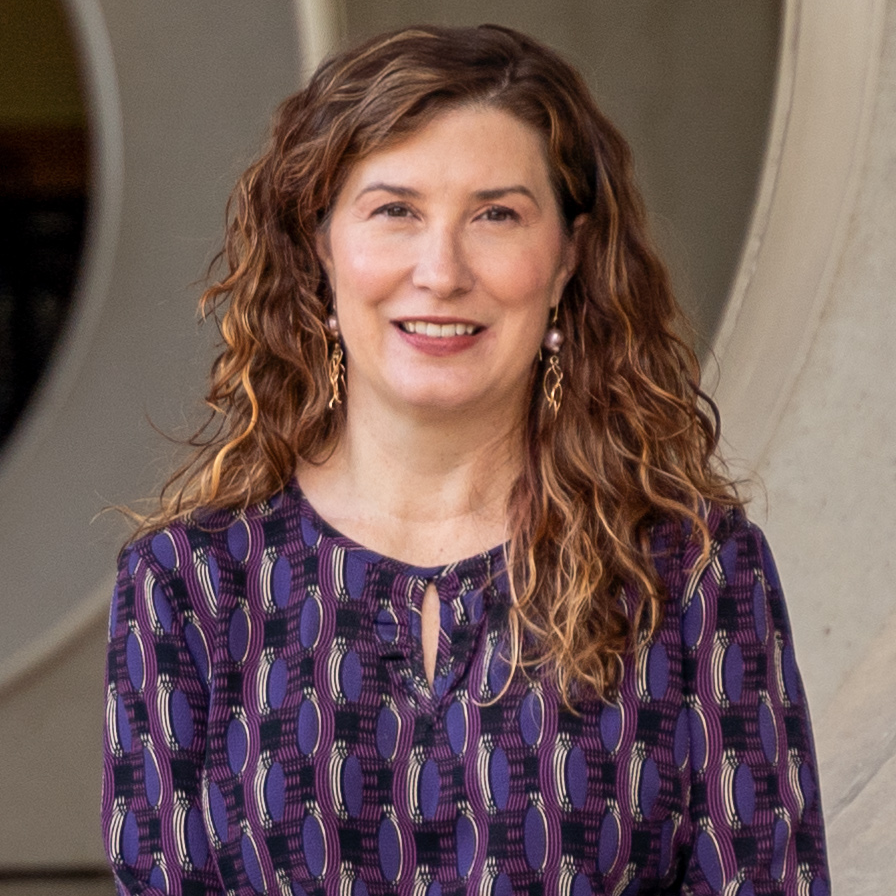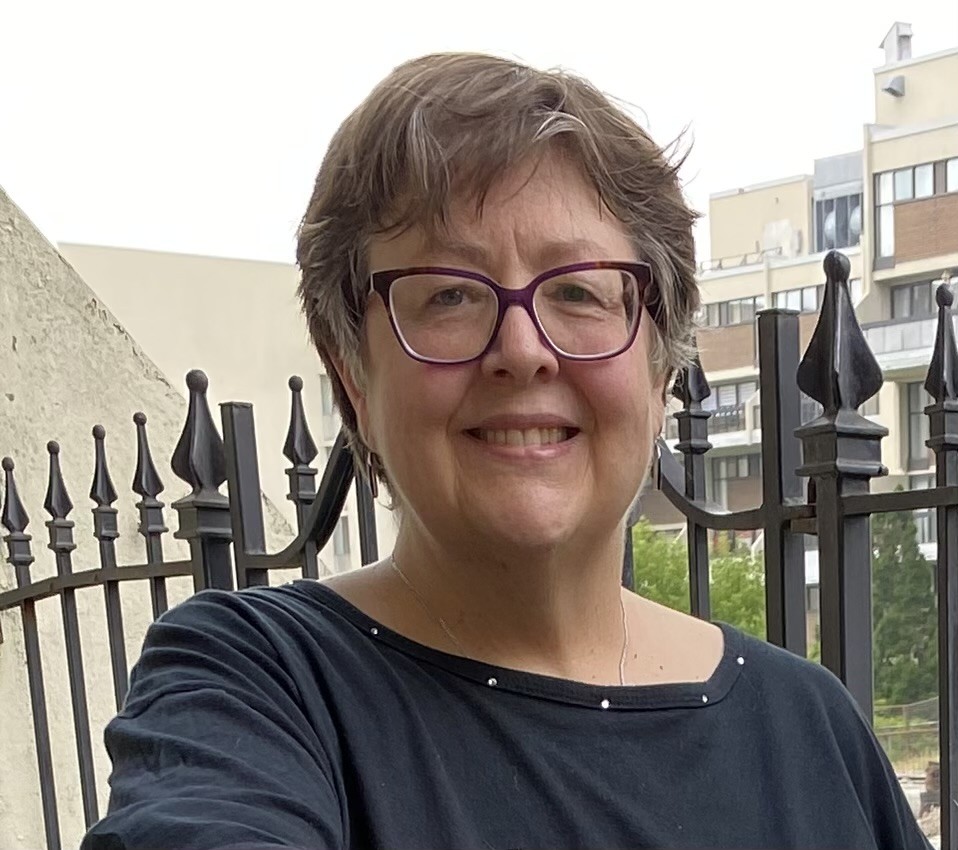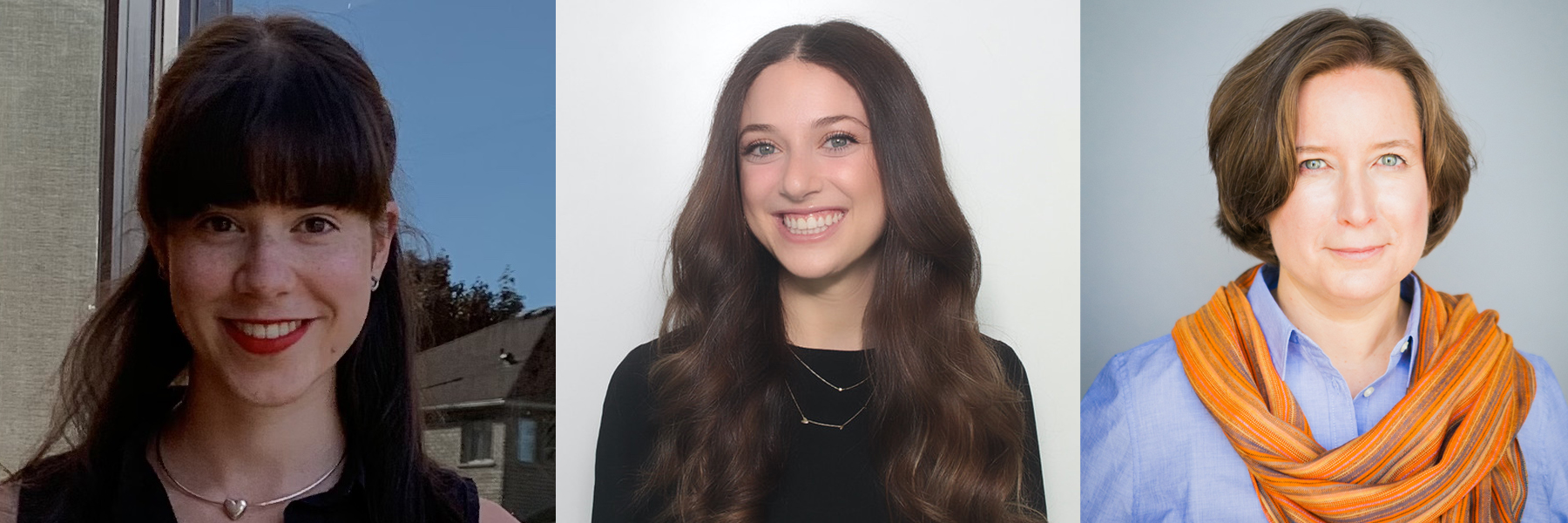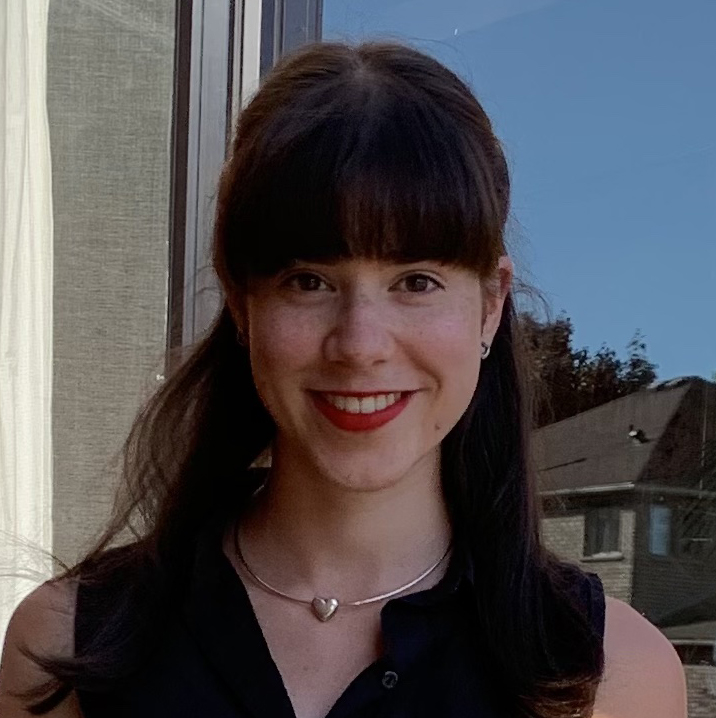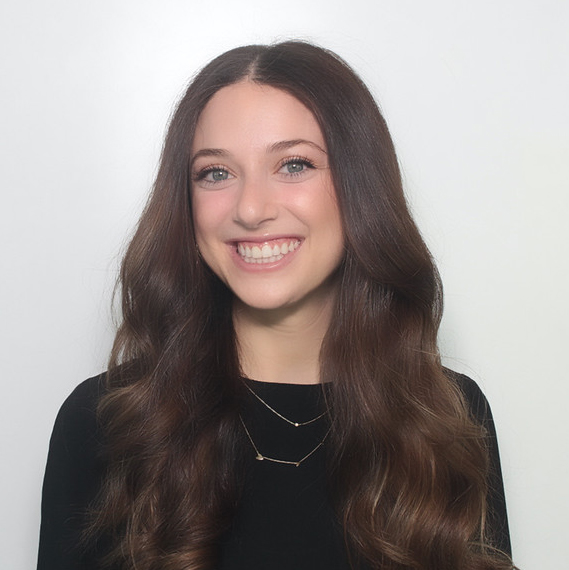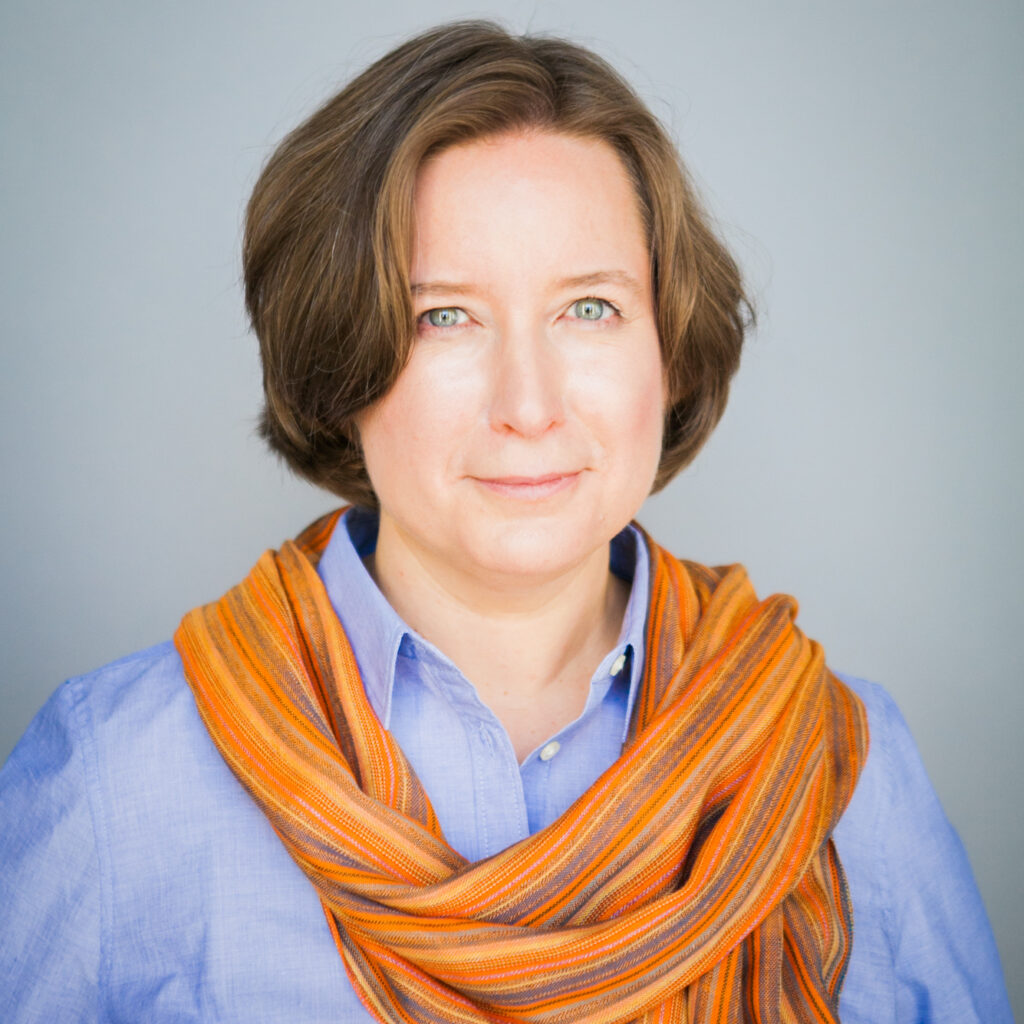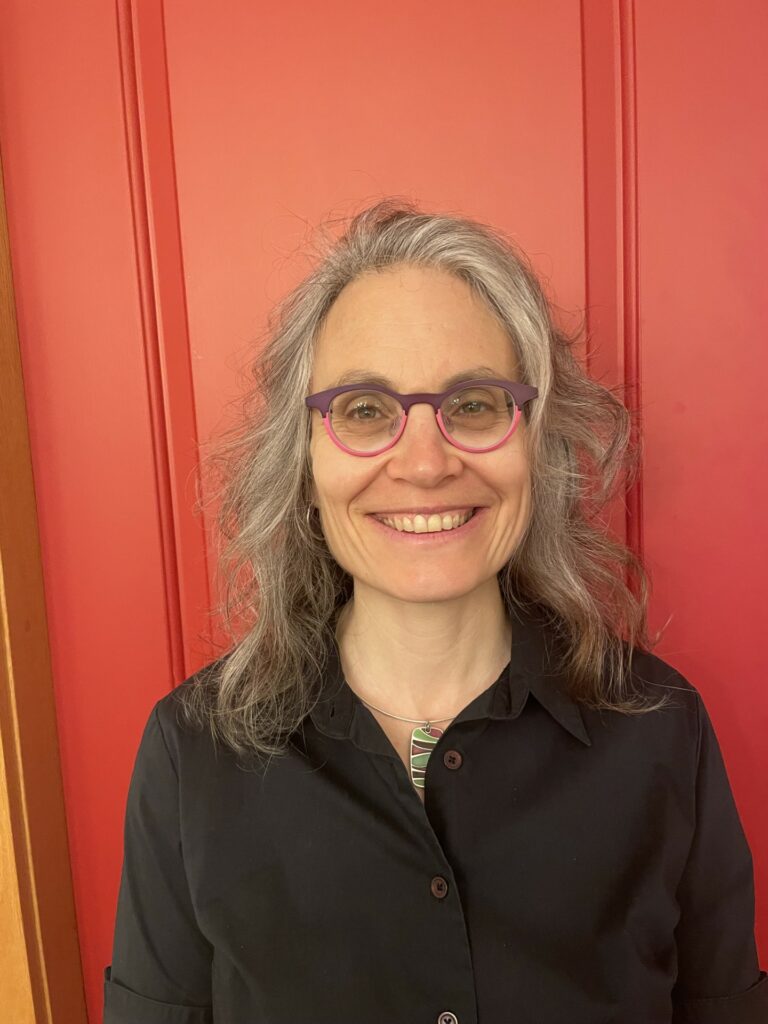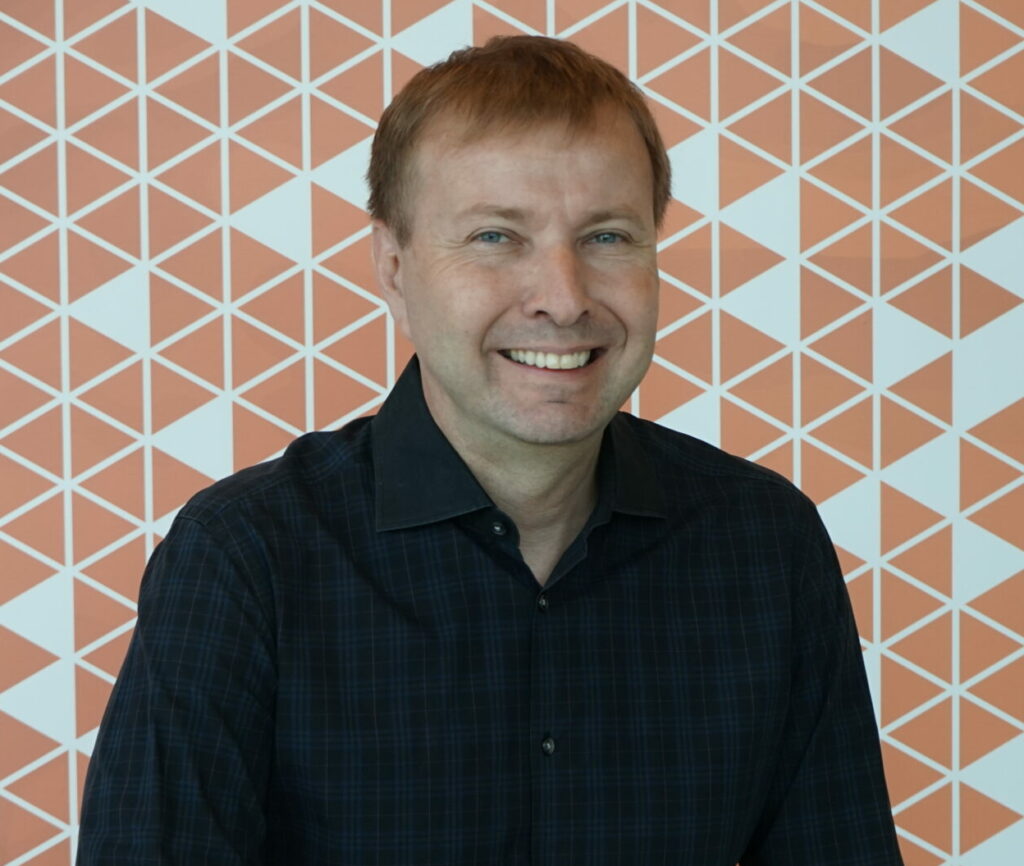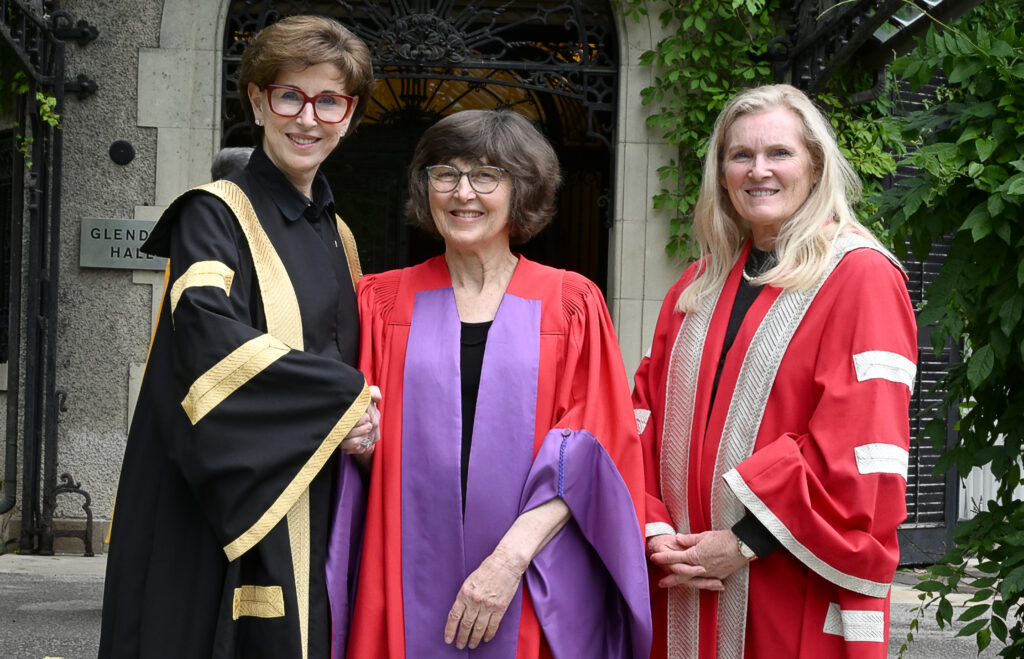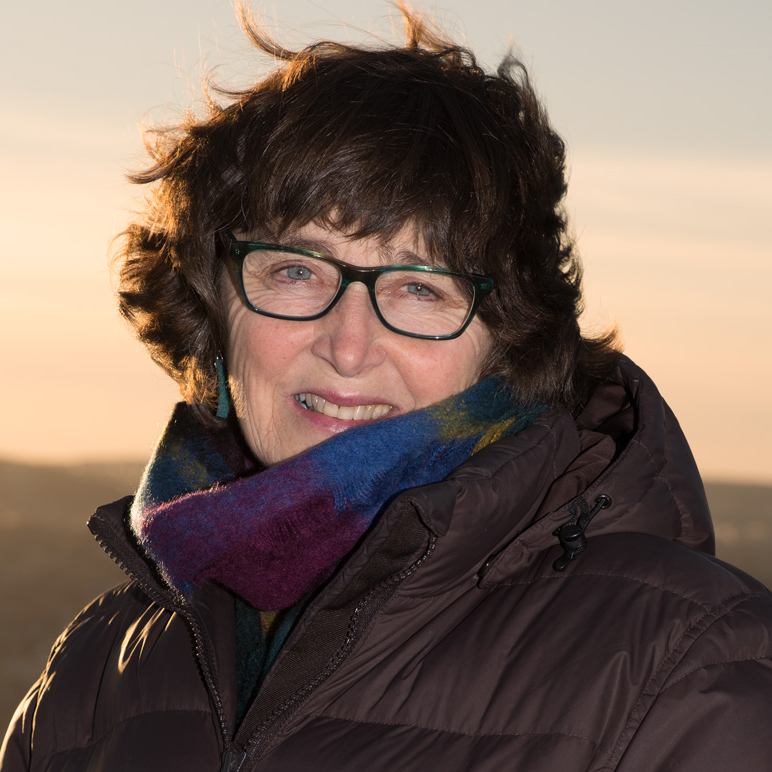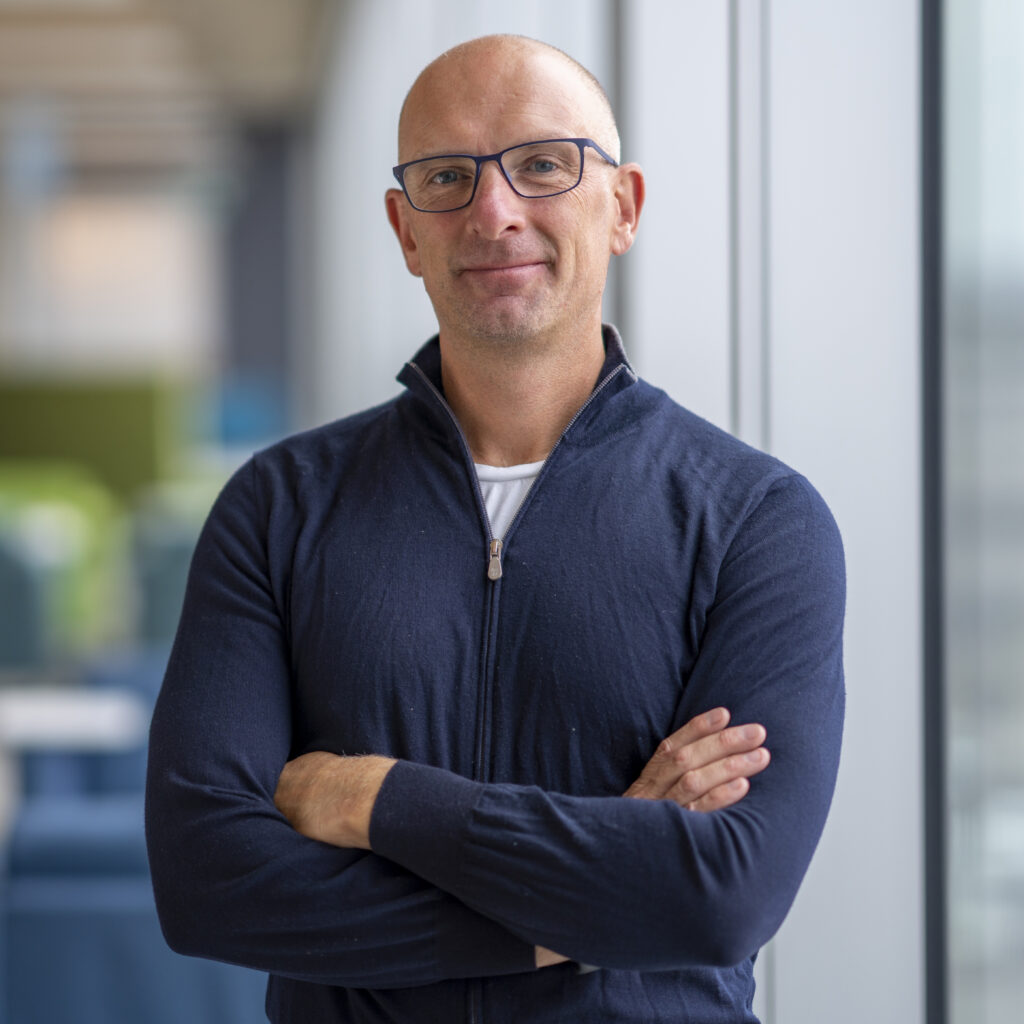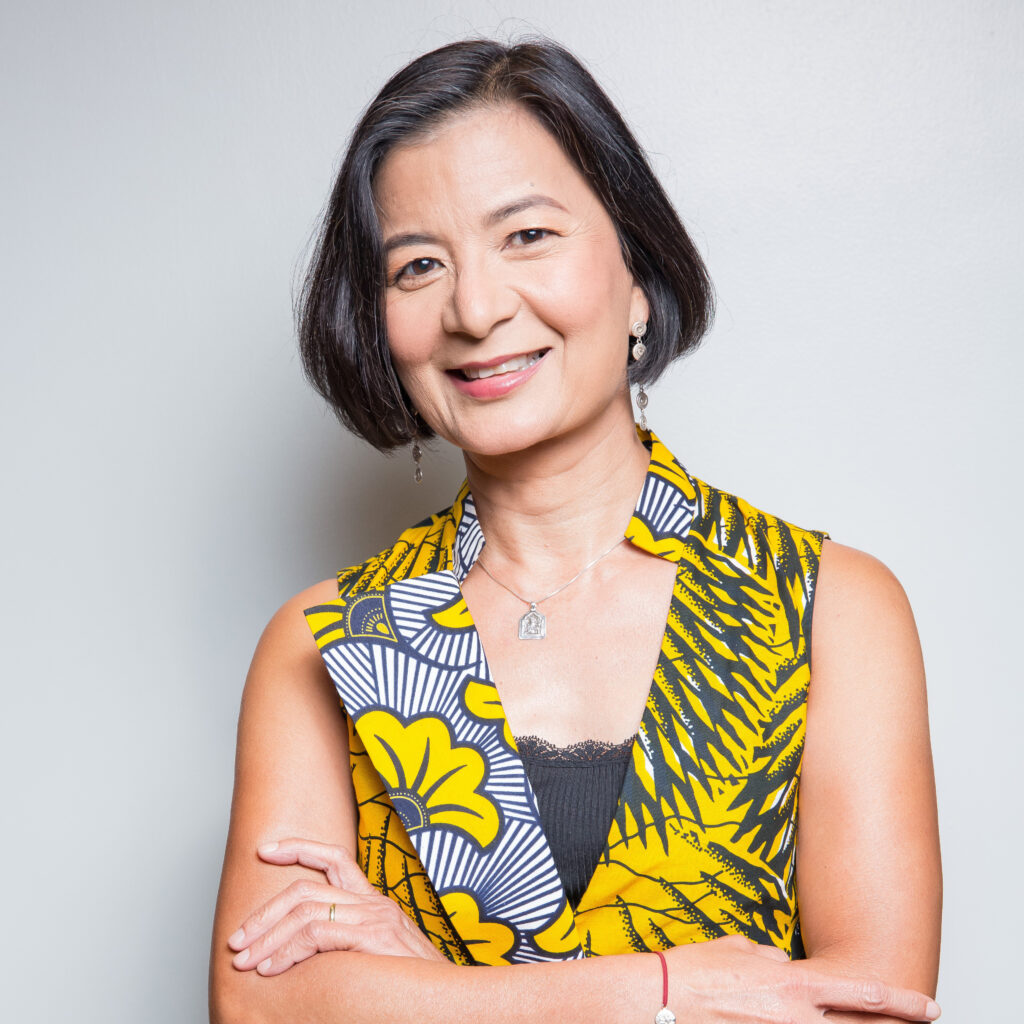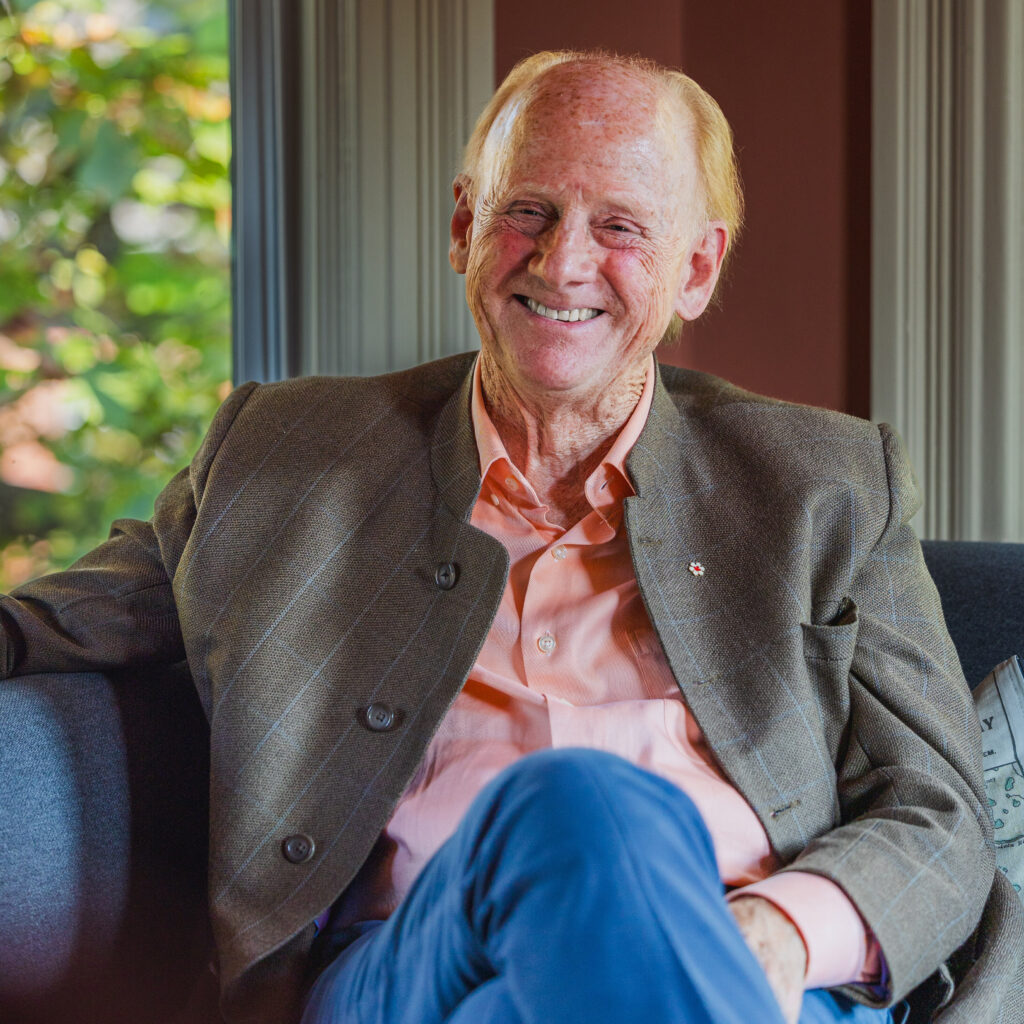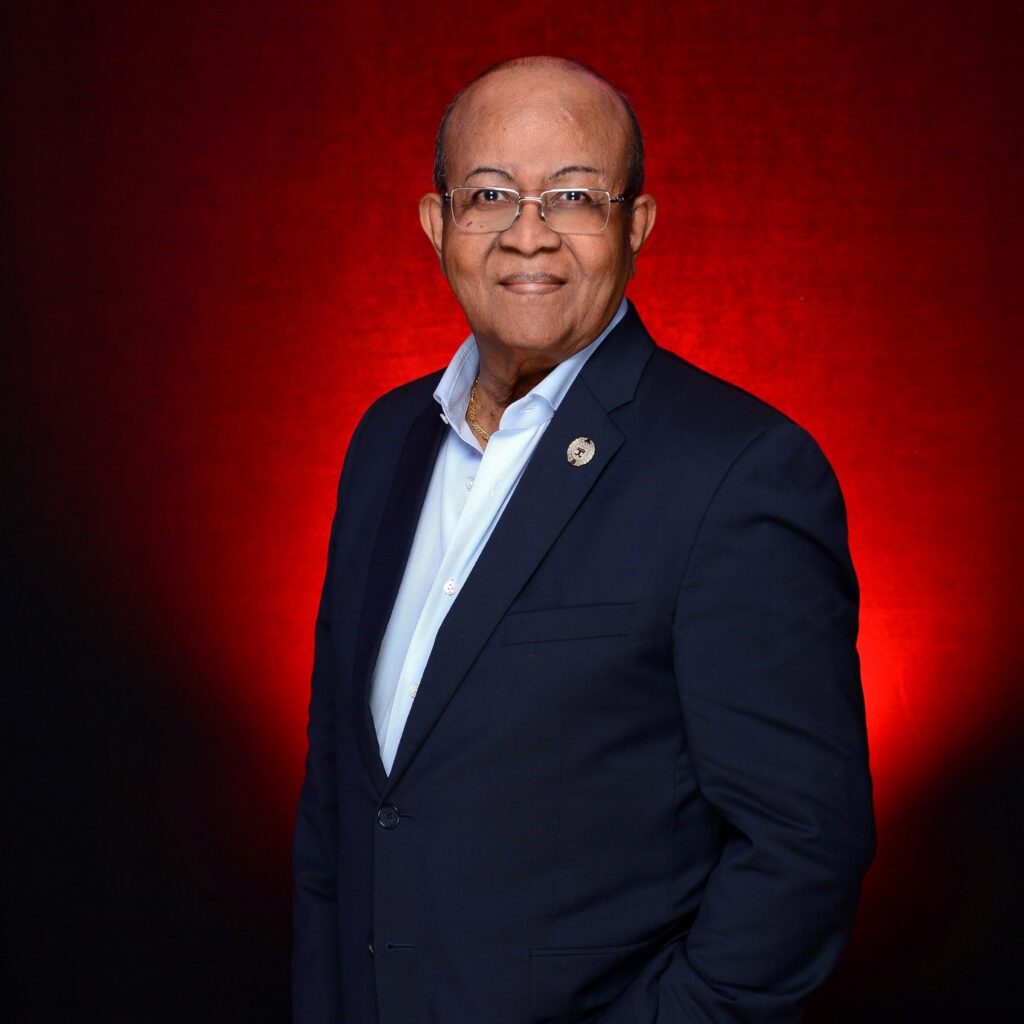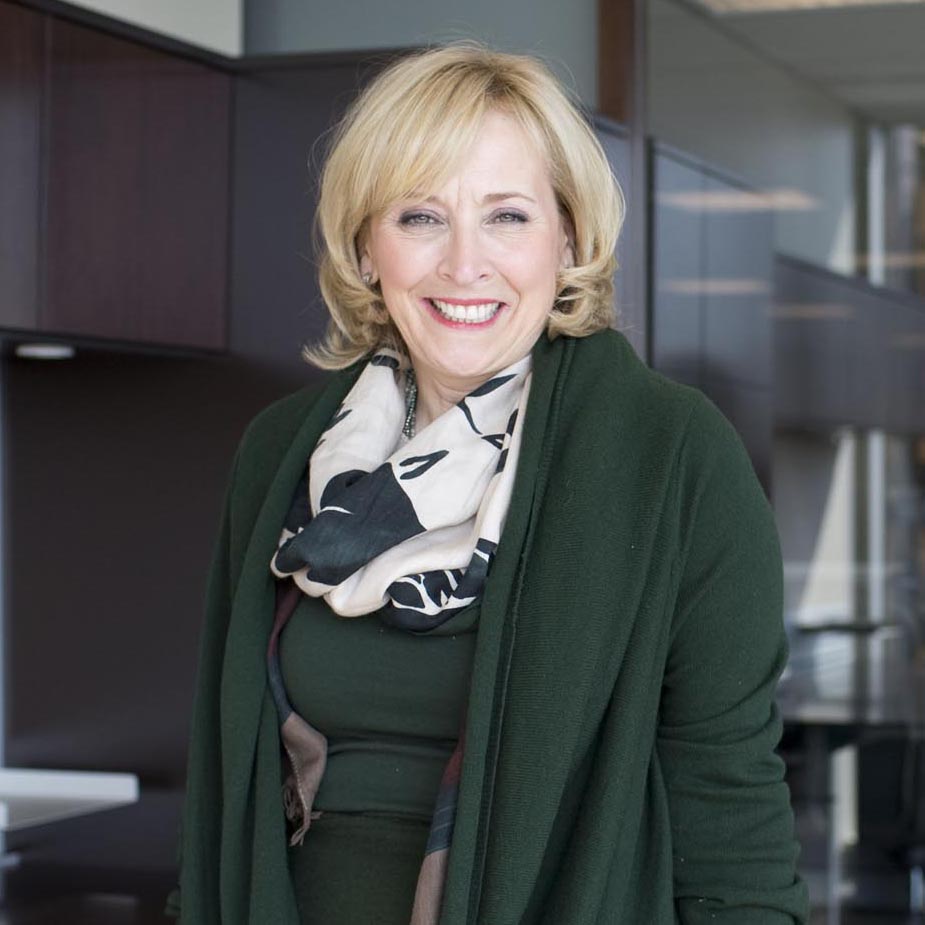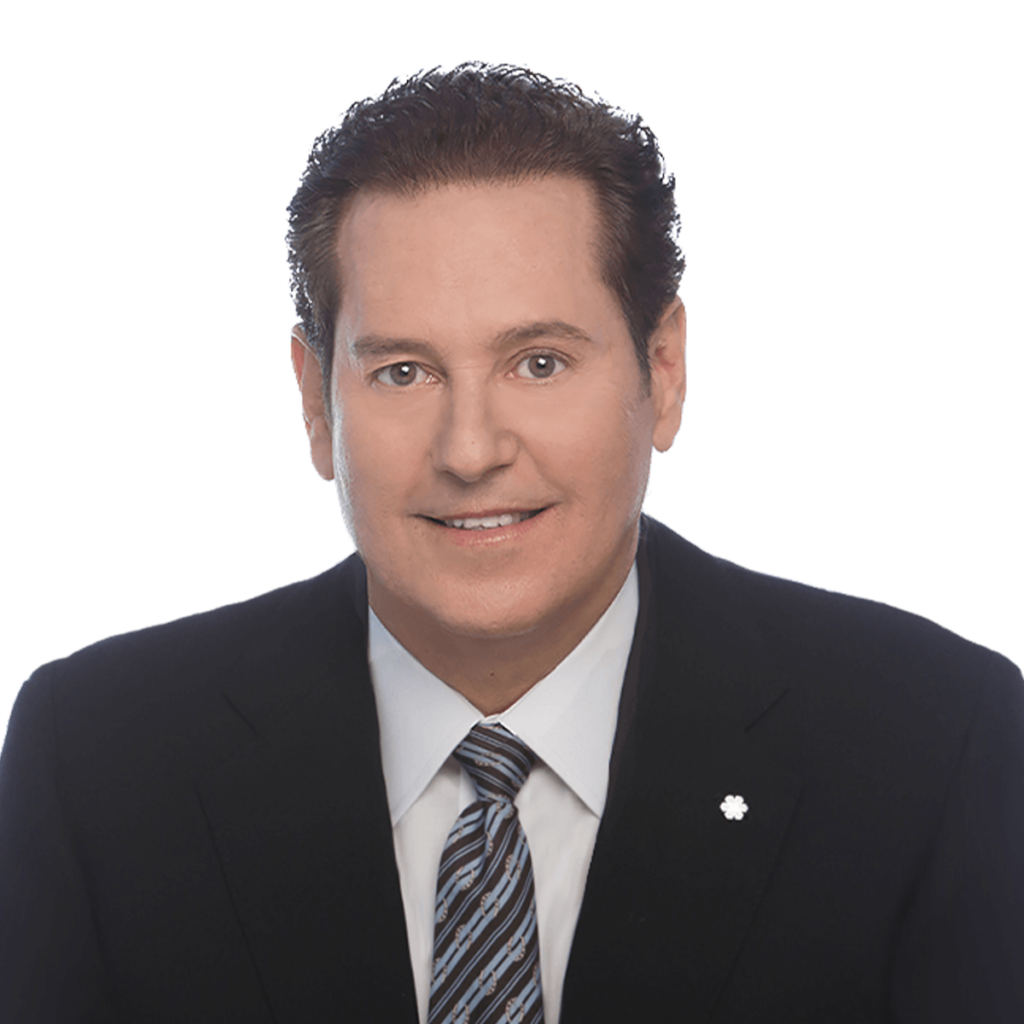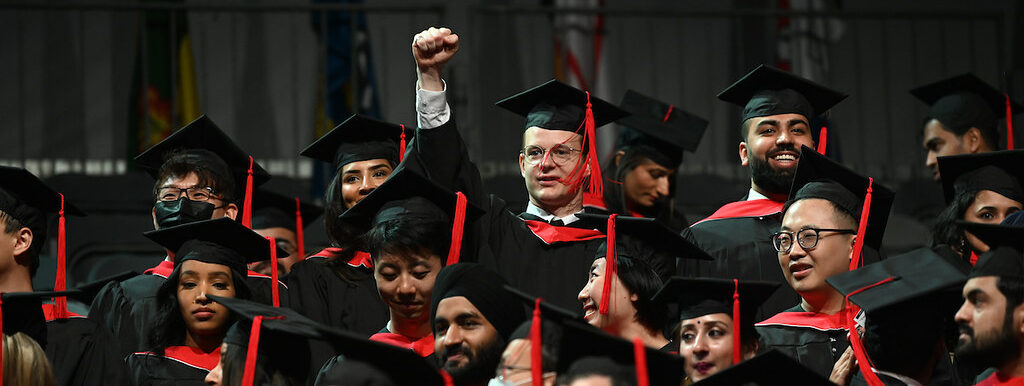Nathaniel “Yochanan” Goldstein, who is graduating with an honours bachelor of science in psychology with a Certificate in Quantitative Methods & Data Analysis, was given the Murray G. Ross Award in recognition of his accomplishments over the course of his time at York University.
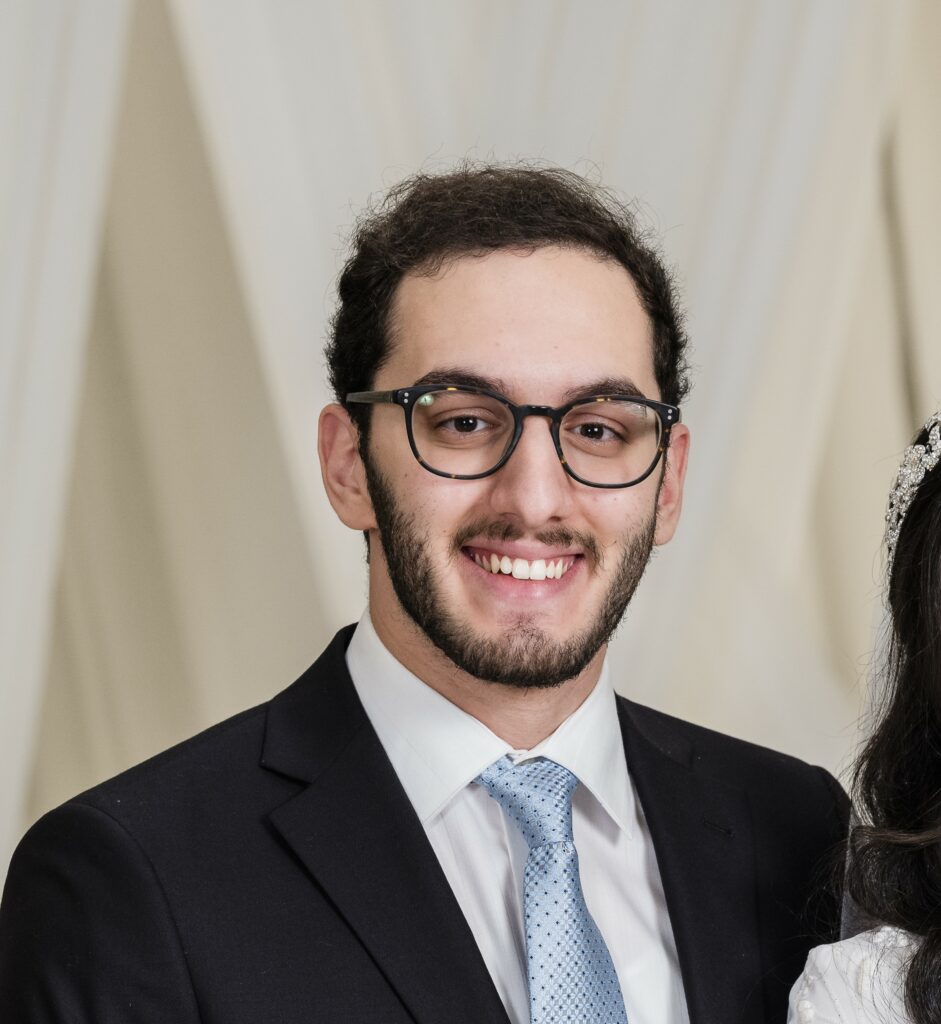
“Receiving a personal phone call from President Lenton informing me of my selection was a surreal experience,” Goldstein says. “I am grateful to the selection committee as well as to my dear family, friends, mentors and colleagues for all their support. Above all, this award is a product of all their guidance and encouragement.”
Goldstein joined York University with a fascination with what is known about the brain and how modern-day tools and technologies could be used to advance that understanding. His interest led him to York’s psychology program and its emphasis on teaching quantitative research methods and applied statistics.
He was primarily drawn to York’s Centre for Vision Research – a highly interdisciplinary cohort of researchers in fields like psychology, neuroscience and engineering who conduct applied research on the brain in some of the best laboratories and facilities available in Canada.
“[York] seemed to be the perfect fit to equip me with the necessary skills to advance my understanding of this exciting topic,” Goldstein says.
Over the past four years, Goldstein has taken strides in doing that through his involvement in quantitative research on how the brain perceives visual depth in 21st-century tech, like virtual and augmented reality – and disseminating these findings at local and national conferences.
He also advanced his standing in the scientific community by writing magazine articles for the Royal Canadian Institute for Science, one of the country’s oldest scholarly societies, that showcased inspiring research across the country – including at York.
Goldstein credits his positive academic experience not just to York’s commitment to fostering critical thinking, academic integrity and a wide range of impactful pedagogical approaches, but to those who teach and work at the University.
“It is so much more than just an academic institution. It’s a community that fosters excellence,” Goldstein says.
The Murray G. Ross Award winner is especially grateful for those within the York community who served as mentors to him along the way. He expresses profound gratitude to Erez Freud and Laurie Wilcox, professors in the Department of Psychology and members of the Centre for Vision Research, with whom he has worked closely for several years on research projects studying visual perception using augmented reality. He credits, too, Linda Farmus, a lecturer and course director in the Faculty of Health, who he notes went “above and beyond in helping to explain difficult course concepts and providing guidance and support.”
Beyond academic pursuits, Goldstein has also been involved in other programs, activities and extracurriculars. A member of the President’s Ambassador Program, he worked closely with senior administrators – including President and Vice-Chancellor Rhonda Lenton – to provide novel suggestions to improve the student experience on campus.
Goldstein was also a committee lead for a recent project that combated food insecurity at York by promoting nutrition-based education through resourceful, hands-on seminars. He cites Judith Owusuaah, a co-ordinator of special projects and events and collaborator for the initiative, as another key mentor during his time at York.
Goldstein was also involved in the non-profit Project START! Science at York, which provides engaging and interactive science, technology, engineering and mathematics modules to underfunded schools in the Greater Toronto Area and central Africa. Outside of York, he worked with Yachad Toronto as a mentor and counsellor for teenagers and adults with cognitive and developmental limitations to provide emotional and social support through inclusivity-based weekly programming.
“Being involved in these initiatives has been beneficial in developing my collaboration and networking skills and allowing me to make a tangible difference at the level of student and community leadership,” he says.
Before receiving the Murray G. Ross Award, Goldstein’s achievements were recognized in other ways, too. He earned the 2024 Faculty of Health Gold Medal for Academic Excellence & Outstanding Leadership and was a 2023-24 McCall MacBain Scholarship nominee. He has received several Natural Sciences & Engineering Research Council of Canada student awards for research excellence, and has been recognized several times in competitive public speaking and essay-writing competitions.
Looking ahead, Goldstein will be continuing his studies at York U through a master’s in brain, behaviour and cognitive sciences this fall. He hopes to continue his involvement in vision science and immersive technology research by collaborating with new academic and industry partners.




